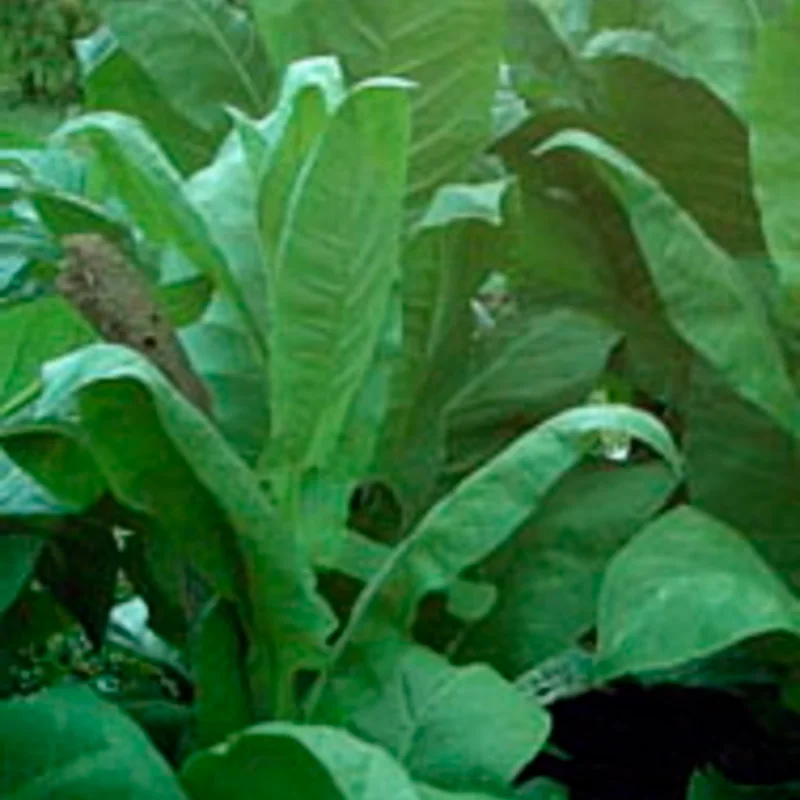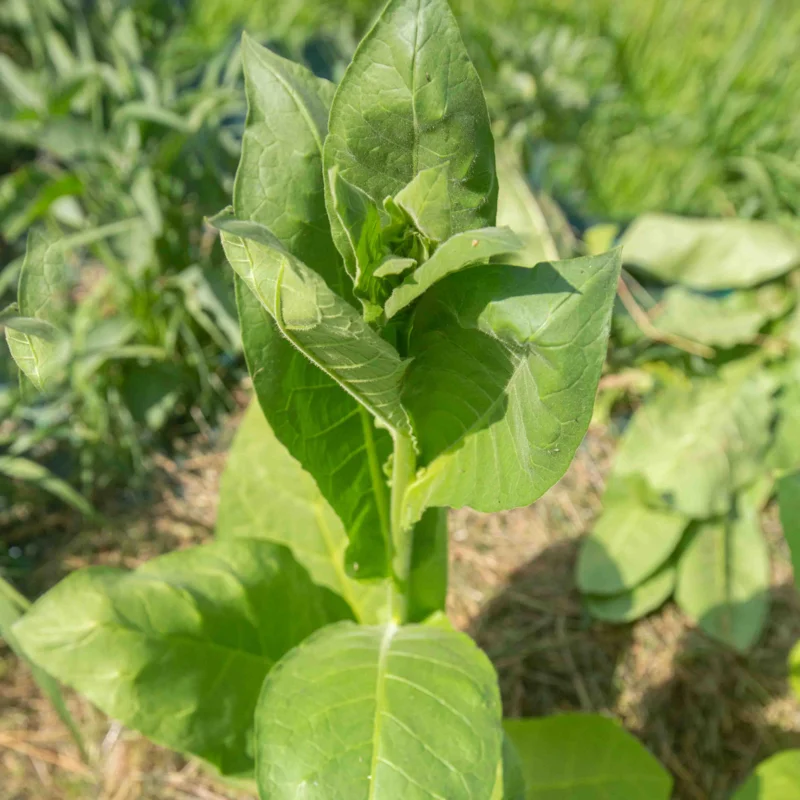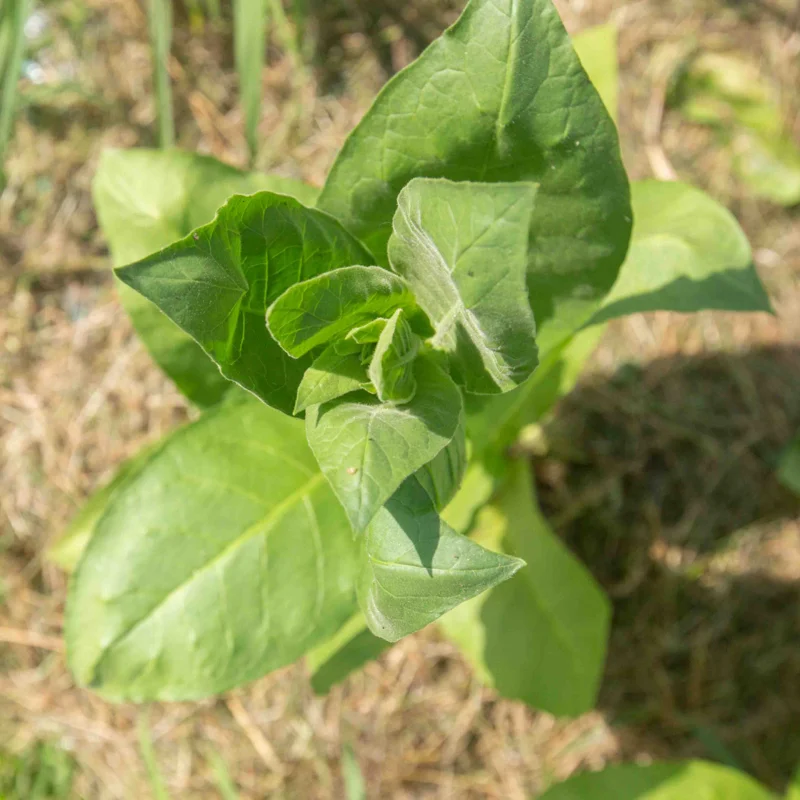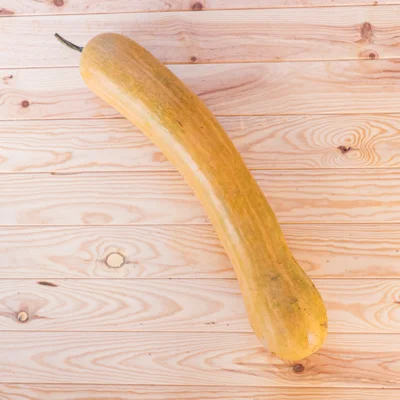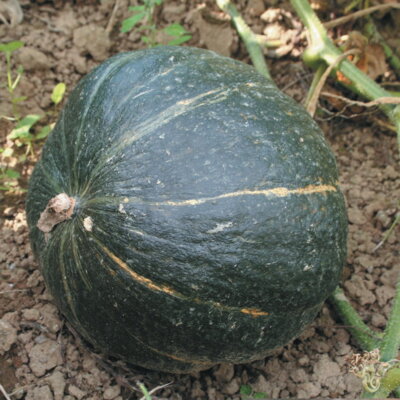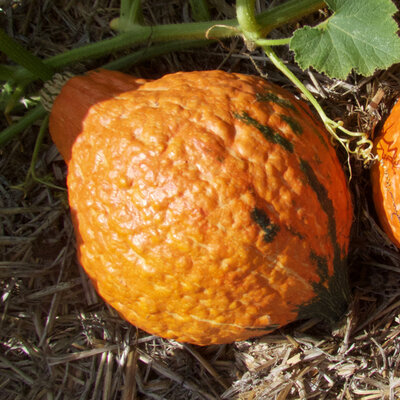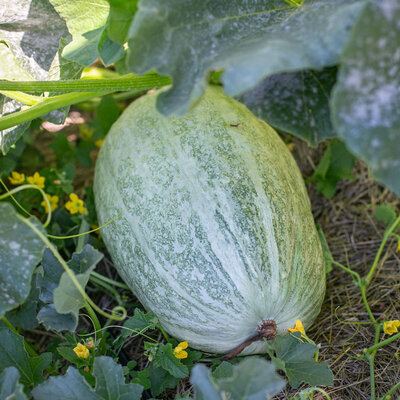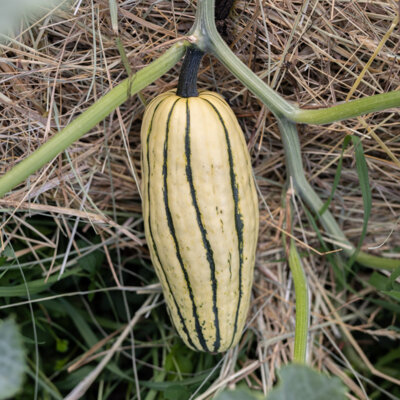Shirazi - Tobacco
This variety reaches 1.50 m in height and produces an abundance of small, 30 cm-long leaves with a powerful aroma. Its nicotine content is medium.
These products may also be of interest to you
in bucket
Sow in trays, under light cover, at a temperature of around 18°C. Cover superficially with soil. Transplant into individual cups when plants reach several leaves. Plant out after the last frosts. Dwarf varieties should be spaced 20 cm apart in all directions and full-grown varieties 80 cm apart in all directions.
March, April, May
June, July, August, September
in the ground, in pot
sunny
medium
humus
rich, fees, drained
Nicotiana tabacum
early
400 seeds
Green
From 100 to 150 cm
From 20 to 30 cm
elongated
Turkey
"Sherazi" is a variety originally from Turkey but grown in Iran.
We now know that it's the hundreds of chemicals, additives and addictives (thousands of which are present in cigarette smoke) that make tobacco a deadly plant. The tobacco industry and the economic stakes generated by its sale present it to us as a highly carcinogenic plant, and with good reason, but it's important to differentiate between Tobacco, a medicinal and sacred plant, and what is sold to us under the label "smoking kills". Often called the "master plant" by many tribes, it has always been used by gastrointestinal or respiratory route - in juice, chewed or smoked - for its many uses. In particular, it is highly prized for treating migraines. In homeopathy, a very low dose of Nicotiana tabacum is also prescribed for migraines, nausea, vomiting and circulation problems. Tobacco is apparently still used to combat parasites. Historically, it was used to relieve asthma, coughs, rheumatism, gout, pain and neuralgia, epilepsy and to make purgative enemas. In 1614, physician William Barkley wrote: "Used in moderation, there is no medicine comparable to tobacco. Native Americans and many Latin American tribes use tobacco ceremonially to communicate with the spirits (through smoke), to thank the Creator, to pray for good harvests and fish catches, to make peace with the enemy (peace pipe) or for rites of passage.



